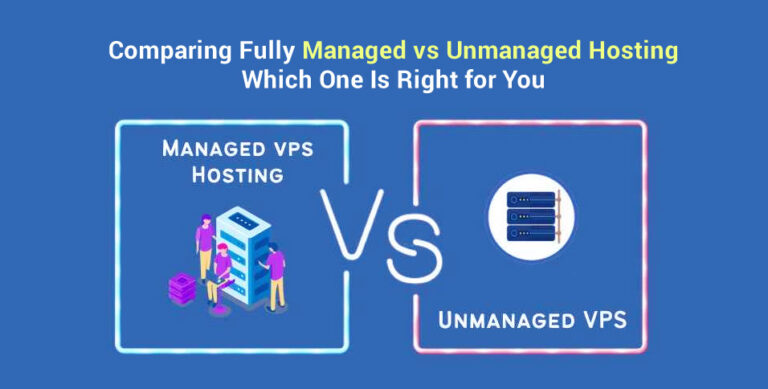In an era where the internet is integral to daily life, website monetization offers diverse opportunities for individuals and businesses. From bloggers to entrepreneurs, various stakeholders can benefit from these strategies. This article explores who can leverage website monetization and provides practical guidance on how to do so effectively.
1. Bloggers and Content Creators
Who: Bloggers and content creators produce engaging content across niches such as lifestyle, travel, technology, and more.
How:
- Display Advertising: Use platforms like Google AdSense to earn from ad impressions and clicks.
- Affiliate Marketing: Promote relevant products and earn commissions on sales made through your links.
- Sponsored Posts: Collaborate with brands to create content that promotes their products or services.
2. E-commerce Businesses
Who: Online stores and e-commerce businesses selling products or services directly to consumers.
How:
- Product Sales: Optimize your website for seamless transactions and high conversion rates.
- Email Marketing: Build a mailing list and send targeted promotions and offers.
- Upselling and Cross-selling: Use these techniques to increase the average order value.
3. Digital Marketers and SEO Experts
Who: Digital marketers and SEO experts specialize in driving traffic and improving website visibility.
How:
- Affiliate Marketing: Partner with companies to promote their products and services.
- Consulting Services: Offer your expertise to businesses looking to improve their online presence.
- Content Creation: Create valuable content that attracts organic traffic and generates ad revenue.
4. Nonprofits and Community Organizations
Who: Nonprofits and community organizations looking to fund their initiatives through online platforms.
How:
- Donations: Use platforms like Patreon or GoFundMe to collect donations from supporters.
- Grant Applications: Apply for online grants to fund specific projects.
- Membership Programs: Offer exclusive content or benefits to members who support your cause.
5. Educational Institutions and Instructors
Who: Educational institutions, tutors, and instructors providing learning resources and courses.
How:
- Online Courses: Create and sell courses on platforms like Udemy or your own website.
- Webinars: Host paid webinars and live sessions on specialized topics.
- E-books and Resources: Sell educational materials such as e-books, study guides, and practice tests.
6. Influencers and Social Media Personalities
Who: Individuals with a significant following on social media platforms who influence trends and consumer behavior.
How:
- Sponsored Content: Collaborate with brands to create sponsored posts, stories, and videos.
- Affiliate Links: Share affiliate links in your posts and bio to earn commissions on sales.
- Merchandise Sales: Create and sell branded merchandise to your followers.
7. Hobbyists and Niche Enthusiasts
Who: Individuals passionate about specific hobbies or niche interests, such as gardening, gaming, or fitness.
How:
- Membership Sites: Create a membership site offering exclusive content, tutorials, and community access.
- Affiliate Marketing: Recommend products and services related to your niche and earn commissions.
- Ad Revenue: Monetize your website with targeted ads relevant to your niche.
Conclusion
Website monetization is not limited to one type of individual or business; it offers opportunities for a diverse range of stakeholders. Whether you’re a blogger, e-commerce entrepreneur, digital marketer, nonprofit, educator, influencer, or hobbyist, there are strategies you can implement to generate revenue from your website. By understanding your audience and choosing the right monetization methods, you can effectively turn your online presence into a profitable venture.
Also Read: Hady Shaikh’s Commentary on Improving the Monetization of Mobile App with User Experience

















